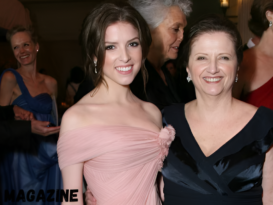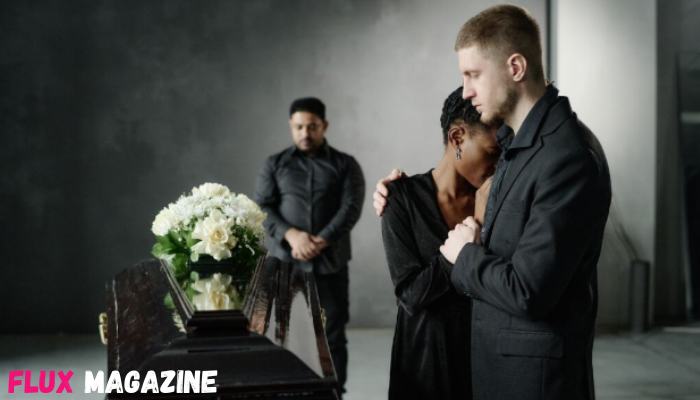Saying goodbye doesn’t always need to be a grand event. Across Sydney, more families are stepping away from traditional funeral customs and leaning into quieter, more personal farewells. These aren’t rushed decisions or cost-cutting measures, they’re thoughtful choices driven by shifting values and a desire for peace. While the idea of ceremony still holds meaning, it no longer carries the weight it once did. Many now feel less bound by rituals that no longer reflect their beliefs or their relationships with those they’ve lost. The emotional weight of loss can feel even heavier when tangled with logistics, expectations, and large gatherings. That’s why some are choosing to simplify.
Changing Priorities in End-of-Life Planning
What once felt like a non-negotiable part of grieving, a traditional funeral with all its formality, is becoming more of a decision than a default. Across generations, there’s a noticeable shift in what people want when it comes to farewelling loved ones. Some are driven by a desire to reduce the financial burden left behind, while others simply feel that less formality leaves more room for sincerity.
Younger family members, in particular, are asking different questions. Instead of focusing on rituals, they’re focusing on what feels right for the person who has passed. That might mean gathering at home with close friends instead of sitting through a formal service. Or it might mean no service at all, just quiet reflection, free from the pressure to perform grief in a public setting.
The past few years have also changed how people think about presence and connection. With so many having faced loss in isolated or restricted conditions, there’s a growing comfort with more personal, stripped-back approaches. Planning a farewell now feels less like following a script and more like making a series of intentional choices.
A Less Complicated Way to Say Goodbye
When emotions are raw, simple is often better. For many Sydney families, the appeal lies in the calm that comes with less complexity. Organising a traditional funeral can be overwhelming. There are venues to book, notices to write, services to coordinate, catering to plan, not to mention navigating the needs and preferences of a wider group of relatives and friends. For some, all of that feels far from what they actually want.
Instead, pared-back arrangements are offering families space to grieve without being pulled into logistics. That might mean taking care of the essentials with dignity and care, then choosing their own time and way to reflect or gather. Without the constraints of fixed traditions, there’s more freedom to remember in a way that feels meaningful.
Simple doesn’t mean cold or impersonal. On the contrary, many find these choices allow for deeper moments of connection. A handwritten letter, a quiet walk, or a favourite song played in the backyard can feel more personal than a scripted service. With less attention on form, there’s more focus on feeling.
Why Some Opt for This Quiet Approach
There’s no single reason why people choose a simpler farewell. For some, it’s about avoiding stress. Others prefer the privacy. And for many, it’s the feeling that this way better reflects the person they’re honouring. That’s why direct cremation Sydney providers are seeing growing interest, not because families want to avoid grief, but because they want to approach it differently.
This quiet option allows people to separate the logistics of what needs to happen from the emotion of goodbye. Without a formal service attached, families can take time to process at their own pace. It also gives space to decide later how they’d like to gather or remember, without being locked into immediate decisions. It’s not about skipping the farewell. It’s about making it fit.
There’s also a sense of control in knowing everything is handled simply, respectfully, and without fuss. In a time when emotions are high and choices feel heavy, that can bring real comfort.
Handling Grief Without the Performance
Grief doesn’t follow a script. And not everyone wants to express it publicly. While some find healing in ceremony, others feel most supported when they can grieve quietly. Large gatherings can add emotional weight that’s difficult to carry. The pressure to speak, dress a certain way, or even just manage other people’s feelings can take focus away from the loss itself.
Private arrangements take that weight away. With fewer moving parts and fewer people involved, families often say they feel less overwhelmed. There’s more room for stillness. More space to sit with feelings without being watched or expected to explain them.
That doesn’t mean the loss is felt any less. If anything, some find that grief can feel more real in these quiet moments, without distraction, without expectations. Letting go of tradition isn’t about rejecting it. It’s about making space for a different kind of mourning, one that some people need more than they realise.
What Matters Most in Saying Farewell
Every family has their own way of honouring someone they love. For some, it’s tradition. For others, it’s quiet moments, personal gestures, or time alone. What’s becoming clearer is that there’s no single path through grief, and no checklist of what makes a goodbye meaningful. When there’s no pressure to host, plan, or meet expectations, people often focus more on the relationship itself. They think about the last conversation they had, or the favourite places they shared. Farewell becomes something less about structure and more about feeling. It’s no longer a public event, it’s a personal moment. This shift isn’t about removing meaning. It’s about finding the kind that matters most. Whether that looks like lighting a candle at home, scattering ashes on a quiet beach, or simply taking time to reflect, the simplicity gives people room to feel what they need to feel. And sometimes, that’s all that’s needed.


















Show Comments (0)